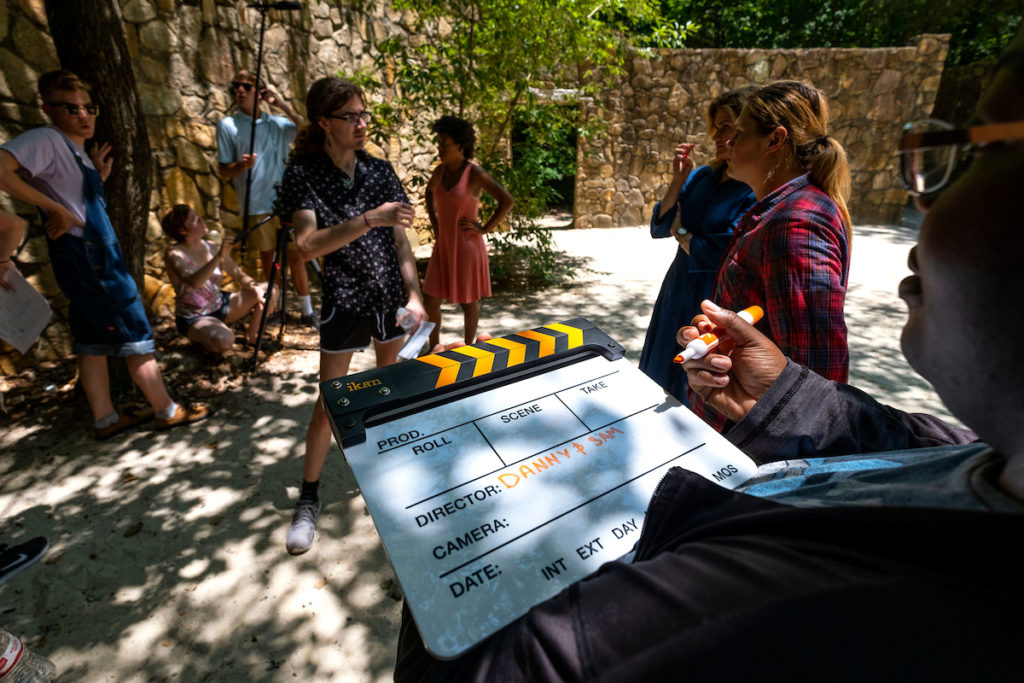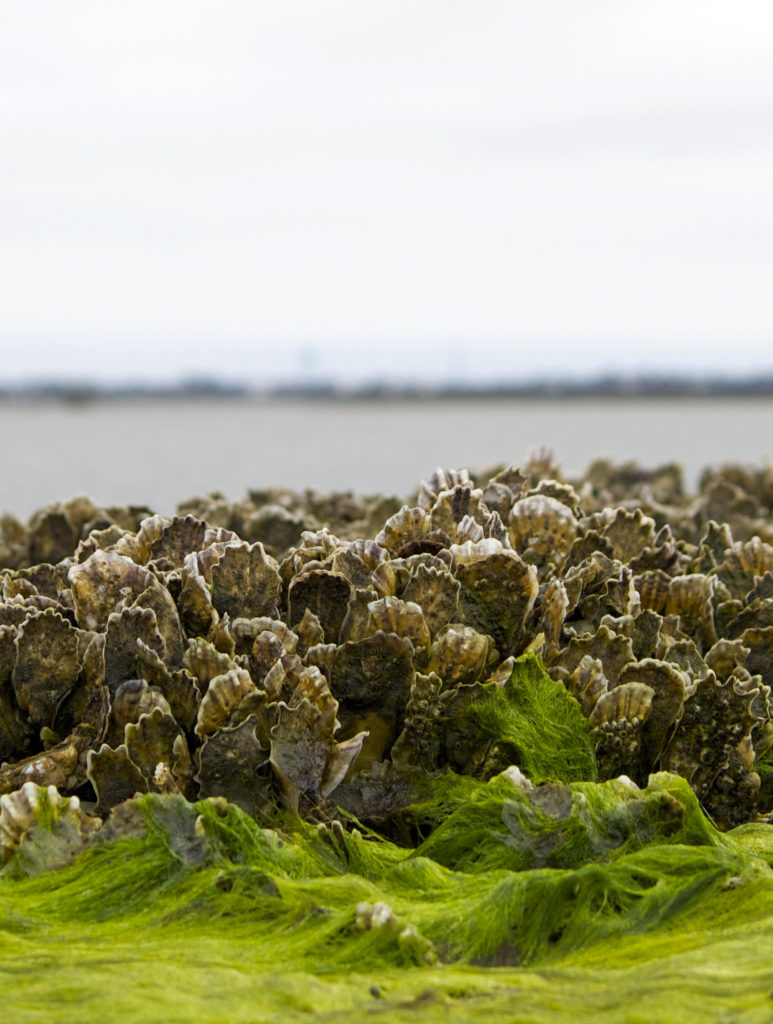
Undergraduate psychology majors in the College of Arts and Sciences at the University of North Carolina at Chapel Hill now have an opportunity to complete an academic internship, thanks to a gift from an anonymous Tar Heel donor.
The Karen M. Gil Internship Program in Psychology was launched this fall and offers extensive psychology and professional training. The program, named for the dean of the College of Arts and Sciences, provides placement at an area worksite, a monthly stipend and a three-hour course credit to 10-12 students each semester.
Dana Ripperton, the program’s manager, said the internship was designed to give undergraduate psychology students valuable work experience that would normally not be available to them.
“This is a one-of-a-kind program that stands out because it is one of the only departmentally managed, credit-granting, paid psychology internship programs for undergraduates in the country,” said Ripperton. “Many psychology graduate programs offer internships and externships, but this program is targeted toward undergraduates so that they can be better prepared for either graduate-level work or post-college work.”
“I know from my own career how invaluable these types of clinical experiences can be,” said Gil, who in addition to being dean is the Lee G. Pederson Distinguished Professor of Psychology in the College. “I am honored that this exciting initiative has been named for me.”
Students selected for the competitive program are placed at one of more than 20 selected worksites for a semester, working for about nine hours each week. The partner sites include everything from local companies to NGOs and government agencies, and all have been thoroughly checked and approved by the program staff members.
Ripperton said one of the program’s goals is to meet students’ varied interests by providing placement opportunities in all six of the Department of Psychology subfields: behavioral neuroscience, clinical, cognitive, developmental, quantitative and social. The first cohort of interns secured placement in five of the six subfields.
Nicole Seider, a senior double majoring in psychology and chemistry, is spending the semester as a quantitative psychology intern at RTI International. Her projects have involved assisting in the development of statistical and visual models of addiction – something she said has given her firsthand exposure to the computational side of research.
“The Gil Internship Program provides psychology students with concrete examples of what can be and is being done in psychology outside of an academic setting or the stereotypical clinical setting,” Seider said. “We are exposed to a variety of psychology applications, not just through our own internship, but by hearing about experiences and challenges the other interns face.”

Sharing experiences with other interns and building a strong network is another important component of the internship program. The program has a blog where interns can share the stories of the work they do with others. The students also spend an hour per week in the classroom with the program’s director, Dr. Steven Buzinski, who has worked in partnership with University Career Services to offer professional development training.
Senior psychology and German double major Alban Foulser, a social psychology intern with Polk Correctional Institution’s mental health department, says the classroom environment has exposed her to valuable career development resources on campus.
“Our workshops with University Career Services are really valuable because they give us tips on everything involved in getting a job, from interviewing to writing a resume to using LinkedIn,” she said. “On top of all that, we get to work at a cool psychology internship and gain real world experience.”
The interns also participated in a Mentor Networking event that allowed them to meet all of the program site mentors and practice their networking skills.
“The ability to transition into and out of conversations with multiple interesting people in a short period of time is a valuable soft skill that they will all be able to use in the future” said Buzinski.
The semester capstone will be an intern showcase of key workplace achievements. A final celebration of both the fall and spring interns is also planned to mark the end of each academic year.
In terms of post-graduation plans, the Gil interns have a variety of interests. Some, like Seider, plan to attend graduate schools. Seider hopes to earn a Ph.D. in quantitative psychology or computational neuroscience before eventually conducting research on neuroimaging tools and statistical methodologies that can be used in the study of neuroscience.
“This experience has exposed me to working directly with coding-based statistical software and has given me insight and experience in modifying and building a computational model,” Seider said.
Others, like Foulser, are still narrowing down their interests based on their work at their internship sites.
“Through the Gil Internship, I have learned that working with mental health is definitely something I want to continue doing because I find it interesting and challenging, and I value being able to impact the lives of others,” Foulser said.
Regardless of students’ plans for after the internship, Ripperton says her team is grateful for the support and commitment from UNC-Chapel Hill psychology alumni. The department plans to continue building and developing the internship into a prestigious program – one that it hopes will eventually extend to include the summer term.
“Our goal is to begin to create a strong sense of community and brand recognition with the Gil Internship,” Ripperton said. “We want Gil interns to be synonymous with excellence and reflect the wider goals of Carolina in all things they do – both on campus and off.”
Story by Olivia Hart, Office of Communications and Public Affairs



